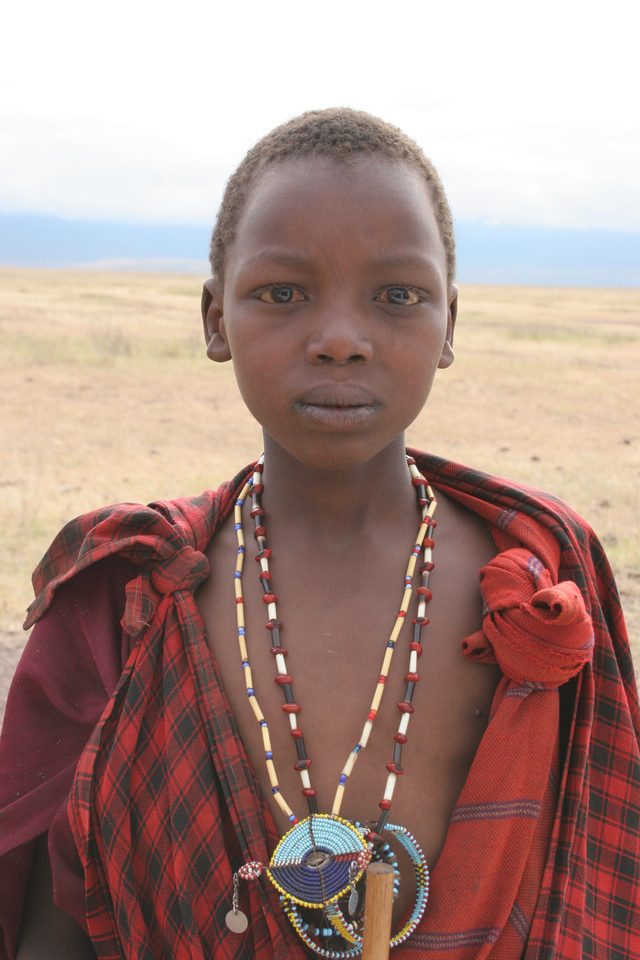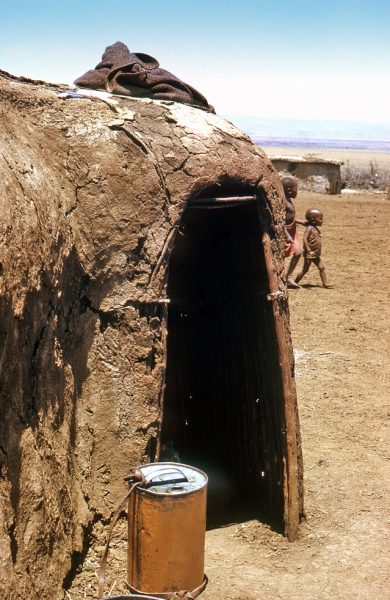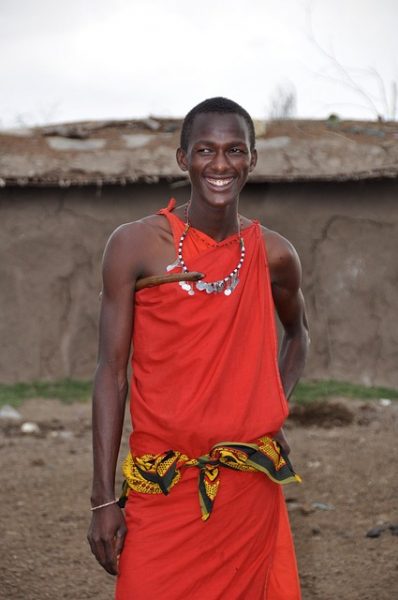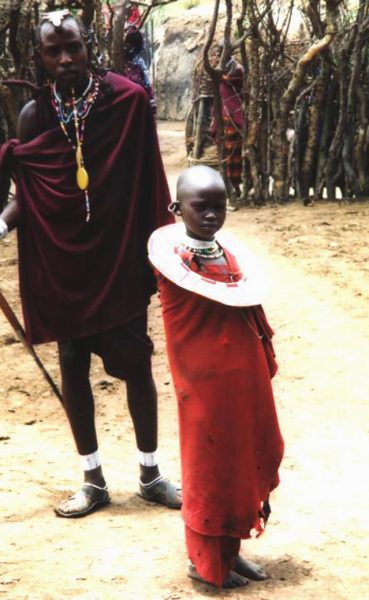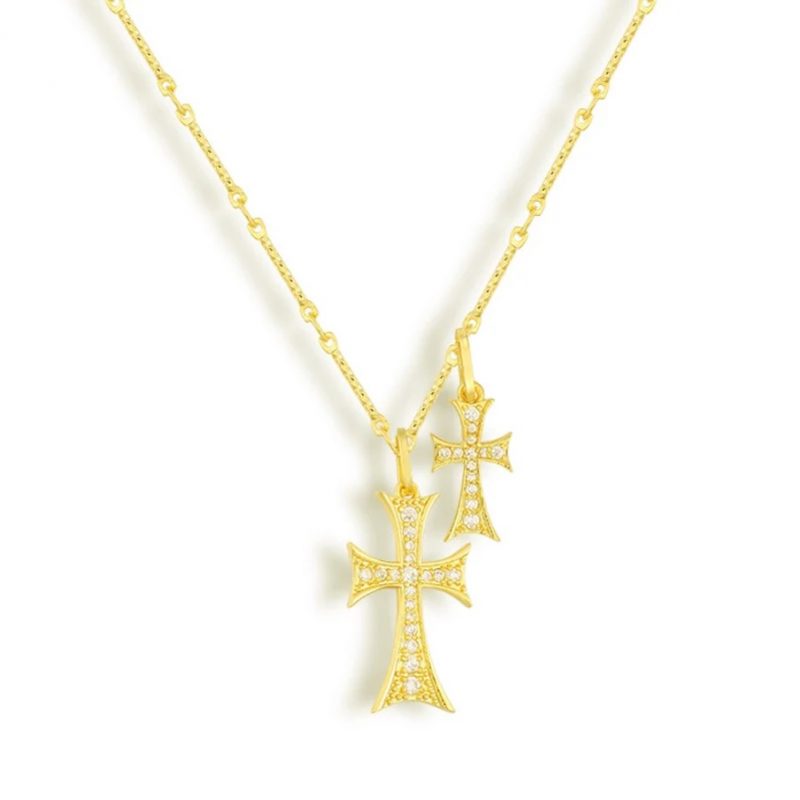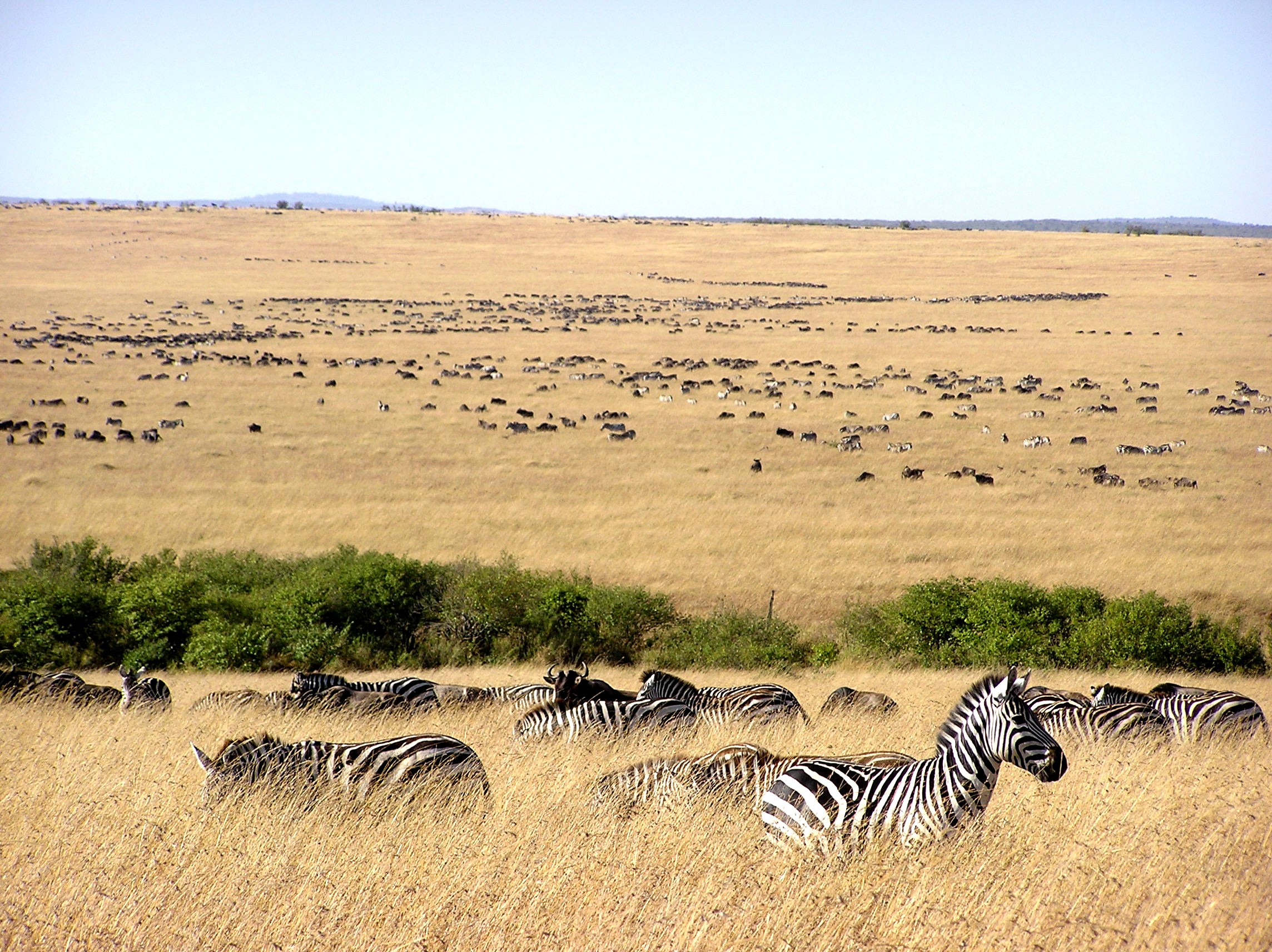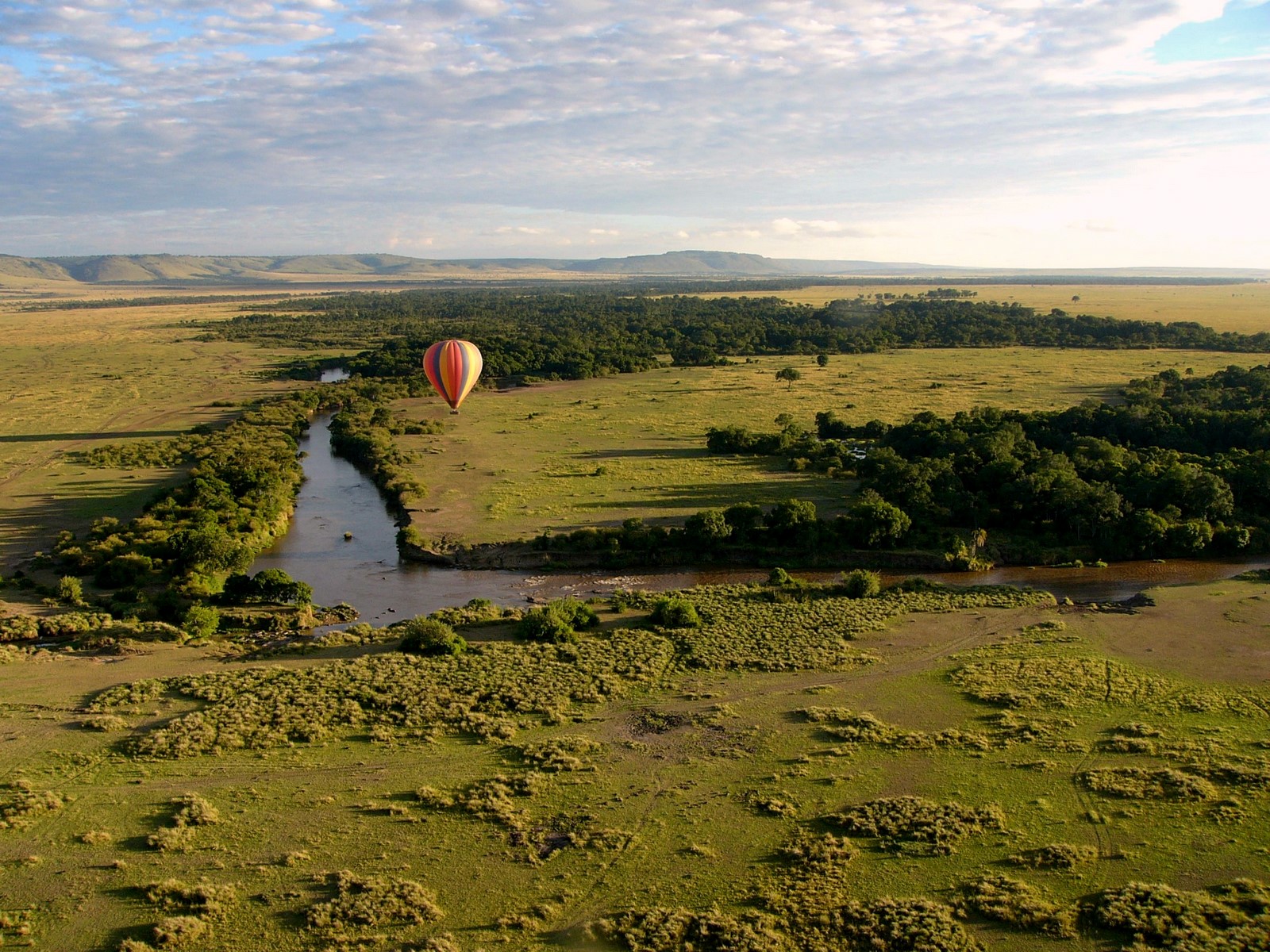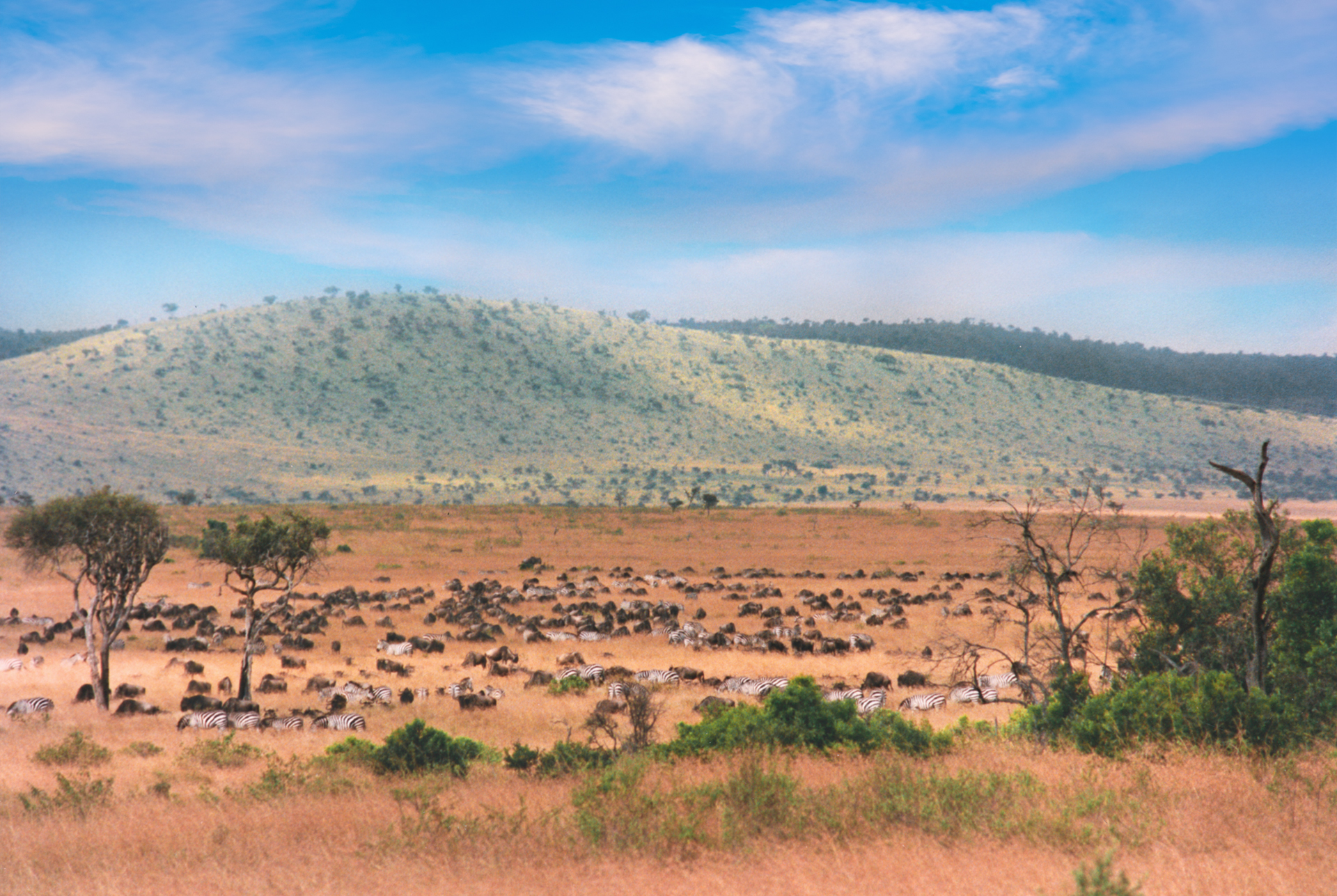Maasai Ceremonies Between Circumcision And Marriage
Maasai ceremonies between circumcision and marriage serve to maintain their age-set classes of social system and political culture. But they do not distinguish age or time similar to the advanced ways. They approximate time in fourteen-year sections.
Childhood to warriorhood
One of the most important Maasai initiation is Emuratare elevating the boys from childhood to adulthood. The planning for this ceremony takes four months during which each will prove that he is ready by exhibiting signs of a grown-up, such as carrying a heavy spear and traveling by himself at night. For seven consecutive days, the boy must herd livestock and bring them back home at dusk. On the eighth day, he stands outside in the cold weather. After that, he receives a cold shower to cleanse himself of past sins. They paint their faces with white chalk and shave their heads. Then he moves towards the site of the operation. His age mates and male members shout words of encouragement along with threats and nasty looks pending his failure. He is then circumcised soon before sunrise by a well-respected village elder inside a small tent.
Circumcision of men
Circumcision is the removal of the foreskin of the penis usually with a big and sharp knife. The boy must endure the pain in silence. He must neither flinch nor show any sign of pain during the operation as expressions of pain bring dishonor. If he flinches, the society would reject him as he needs to come off as being fearless and confident. All newly-initiated men receive gifts of livestock and respect from friends, family, and the community for his new courage and status. They praise them for their newfound responsibility and bravery within the community. They also rank these warriors higher on a social scale. The new initiates accept the responsibility to secure the area in which they live. The circumcised Maasais wear black robes and ostrich feather headdresses for eight months. After that the boys become warriors.
Forming of Emanyatta
The next step is to form the Emanyatta which is a warrior camp consisting of between twenty and forty-nine houses selected randomly by a prophet. One of the houses belongs to the prophet. The site is a place where women are free to visit as they please. Hence, it is common for fights to break out and elevate quickly due to jealousy among them.
Famous tribal dance
The warriors must entertain the prophet with song and dance throughout the ceremony. The dance is the most famous part of their rituals. This dance can become competitive. The men gather in a circle, and one by one will begin jumping, never letting the heels touch the ground. The higher the jumping, the more appeal he has to the young girls looking on. All the while, people forming the outer circle sing with pitches that go with the height of the jumps. The dance is a tourist favorite. Foreigners capture it in countless videos, pictures, and documentaries.
Coaching from elders
In the middle of the compound is a pole. They tie flags of Kenya and Maasai to it. It remains there as long as the warriors are still in the camp. Representing them are two Moran chiefs to lead and guide men of the same age group who act as a military force. They teach the warriors about the newfound age-set brotherhood, the practice of animal husbandry, the art of oratory skills, and basically how to be a Maasai warrior. They live together with their wives for up to ten years after which they are ready to transition to senior soldiers.
Junior to senior
A junior warrior jumps at the chance to graduate to senior warrior because until then the community cordons them off from the rest. They cannot even drink or eat in a woman’s presence. Neither can they eat without being accompanied by others. The warrior can only drink and eat in a group where women are not present. They believe that this prepares them for harsh conditions like famine.
Shaving of head
Before the ceremony takes place, they punish the warriors who violated their taboos and laws. The mothers shave off the ochre-stained hair of the warriors participating in the ceremony while sitting on the very same cowhide on which the elders circumcised them. The shaving is a sign of their new designation as full-fledged warriors. It leaves him feeling ill at ease and shameful. They often weep and tremble while shaving because they hate to lose their sense of adventure and freedom for which the long hair is a symbol. Then they decorate the warrior’s head. During the ceremony, the soldiers are not allowed to carry any weapons. They perform the ceremony in a camp of ten and twenty houses. During this ceremony, the soldiers eat the meat of a specially slaughtered bull that is prepared by women. At the end of the service, men and women fight with each other for the food.
Elaborate Eunoto ceremony
After ten years of junior warriorhood, Maasai boys become senior soldiers through an elaborate Eunoto ceremony which they hold once every 15 years. The junior warriors are promoted to seniors and are allowed to take wives and raise families. The observance is full of wild celebrations and sacred rituals when they call upon their God. Eunoto ceremony marks the beginning of their acceptance into adult life, although for many it marks the end of the free time of their lives.
First alcohol consumption
The four-to-ten-day ritual takes place in an enclosure of forty houses within the compound. It is a hut specifically built for the occasion. The leader chooses a young warrior of repute and no physical blemish. The ceremony features singing in front of elder warriors. They then make an alcohol drink out of fermented roots of aloe and honey, and the warriors have their first sip of alcohol. After the ceremony, he is allowed to drink milk for the first time since circumcision. Maasais consider milk as a potent symbol of procreation. This ritual represents the release of his regenerative potentials.
Horn on fire
After that, they slaughter a specially chosen bullock and the leader drinks the blood from the bullock’s neck. They eat the meat prepared by women of the camp. They set an animal horn on fire, and each warrior is forced to take a piece before it is completely burnt. If they refuse to take the horn, the entire age-set will be cursed. They believe that the one who removes the red-hot horn will suffer misfortune throughout his life. At the end of Eunoto, the newly appointed warrior may select any girl as his wife. The Maasai man must marry immediately after the Eunoto ceremony.
Emuratare to Eunoto
Maasai ceremonies mark the age-sets in their strictest form. The fourteenth year culminates in Emuratare or circumcision and the 28th year in Eunoto or marriage. And in between these years, they are warriors with the responsibility of defending the territory where they live.
5 Frequently Asked Questions About Maasai circumcision
To book a safari in Maasai Mara, please fill out the following form or simply email us on safaris@safari-center.com

